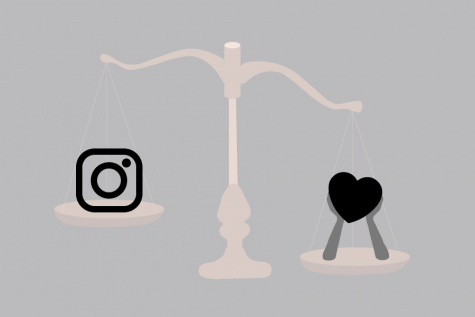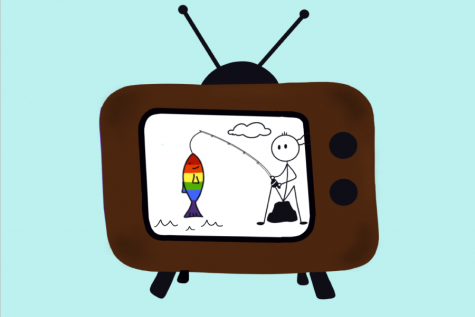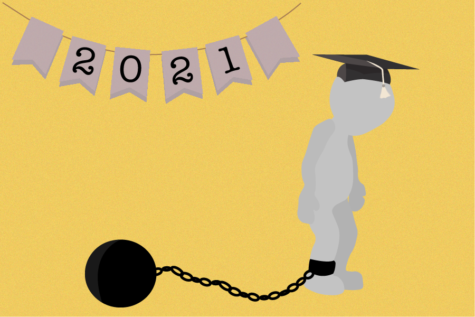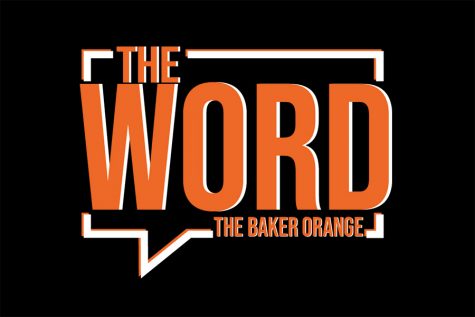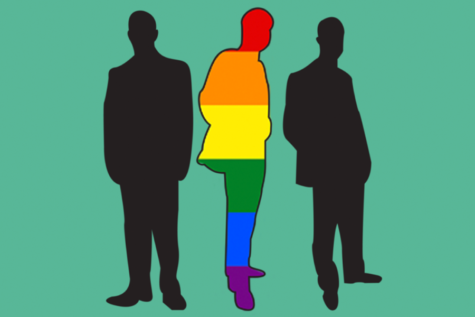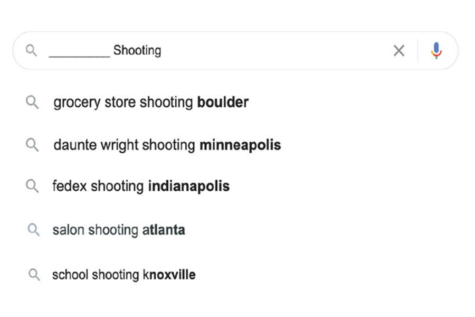Is the White House acting unethically?
December 10, 2018
While President Trump is not known for his eloquence or poise during press conferences, November saw the banning of CNN’s Jim Acosta from the White House over alleged aggressive behavior towards an intern. To defend the revoking of Acosta’s clearance, the White House issued a doctored video of the incident which incited even more backlash and scorn.
Though unusual, this event is not out of the ordinary for the Trump White House. CNN, NBC, CBS and virtually all other broadcast outlets have in some way been labeled as false, slanderous, and even called the “enemy of the people.” While alarming, these events only garner the attention of the public as they happen, and then are brushed away by another breaking story only to be forgotten until something else more shocking is said.
However, the constant attacks on the fundamental institution of the free press are not the only things of concern Trump has done while in the White House. This is not a discussion of policy or position, or even Robert Mueller’s investigation into Russia’s influence in the 2016 election. This is a discussion about President Trump’s personal habits and precedents he has broken while in office, which should be of concern to all Americans.
The first issue of concern, and one that was never truly solved, is the issue of President Trump’s businesses. While there is nothing inherently wrong with owning businesses before becoming the President, it has always been that once a person assumes office, their assets will be placed in a blind trust where they have no control over them. This is to ensure that any policies pushed by the elected while in office will not directly benefit their financial standings. And while there is no legal binding to this arrangement, it has always been followed.
However, this has not been the case in the Trump administration. Instead, all of President Trump’s business assets have been placed in the Donald J. Trump Revocable Trust, which raises serious ethical concerns when it comes to the President and his wealth.
To begin with, documents first uncovered by ProPublica in 2017 revealed that President Trump has virtual access to the funds in this trust at any time upon request. The two trustees are executives at the Trump Organization, in addition to his son Donald Trump Jr. While the two trustees cannot reveal specific information about the businesses, another individual can. Eric Trump serves as the chair of the trust’s advisory board and has stated in the past he would be sharing financial information with the President.
While all of this is not illegal, it is highly unethical and breaks norms set by other presidents. If President Trump has access to his business funds and information about the companies, then he can use that information to enact policies which would directly benefit his interests. While there is no hard evidence of this occurring, the possibility that it could is troubling enough.
Another ethical dilemma President Donald Trump has created in the White House is the appointing of family members to high ranking positions. While his son in-law Jared Kushner served a much larger role than he does currently, he was originally tasked with solving the opioid crisis as well as bringing peace to the Middle East.
Ivanka Trump, however, still plays a prominent role inside the Trump administration. Her official title is “Adviser to the President” and she filled the job without taking a salary. However, this does not negate the troubling aspect of working in close quarters to family members. Nepotism leads to a misuse of government funds, corruption and eventually political scandals. President Donald Trump’s actions raise serious ethical concerns.




